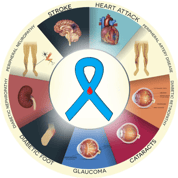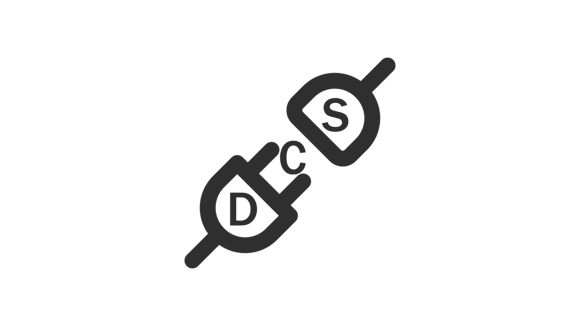

Understanding Type 1 and Type 2 Diabetes
Diabetes is a chronic condition that affects how the body converts food into energy. There are two main types: type 1 and type 2 diabetes. Understanding their differences is crucial for managing the condition effectively and promoting awareness.
Type 1 Diabetes:
- Cause: Type 1 diabetes is an autoimmune disease where the immune system mistakenly attacks insulin-producing cells in the pancreas. As a result, the body produces little to no insulin.
- Onset: Often diagnosed in children, teenagers, or young adults, but can occur at any age.
- Management: Requires daily insulin injections or the use of an insulin pump to manage blood sugar levels.
- Dietary Considerations: People with type 1 diabetes should focus on a balanced diet that includes carbohydrates, proteins, and fats. They need to monitor carbohydrate intake closely to adjust insulin doses accordingly.
- Food Restrictions: There are no specific foods that type 1 diabetics cannot eat, but moderation and balance are key. Sugary foods and drinks should be limited due to their quick impact on blood sugar levels.
- Complications: Poorly managed type 1 diabetes can lead to serious health complications over time, such as heart disease, nerve damage, kidney disease, and vision problems.
Type 2 Diabetes:
- Cause: Type 2 diabetes develops when the body becomes resistant to insulin or when the pancreas doesn't produce enough insulin to maintain normal blood sugar levels.
- Onset: Most commonly diagnosed in adults, but increasingly seen in children and adolescents due to rising obesity rates.
- Management: Initially managed with lifestyle changes such as diet and exercise. Some people may need oral medications or insulin injections as the condition progresses.
- Dietary Considerations: A healthy diet for type 2 diabetes focuses on controlling blood sugar levels and managing weight. Emphasis is on whole grains, fruits, vegetables, lean proteins, and healthy fats.
- Food Restrictions: Similar to type 1, type 2 diabetics should limit foods high in sugar and refined carbohydrates. Portion control is important to prevent spikes in blood sugar.
- Complications: Type 2 diabetes can lead to complications such as heart disease, stroke, kidney disease, nerve damage, and eye problems if not properly managed.
General Dietary Tips for Diabetics:
- Carbohydrates: Choose complex carbohydrates (whole grains, vegetables, legumes) over simple sugars (sweets, sugary beverages).
- Proteins: Opt for lean proteins like chicken, fish, tofu, and legumes.
- Fats: Include healthy fats from sources like avocados, nuts, seeds, and olive oil.
- Portion Control: Watch portion sizes to manage calorie intake and blood sugar levels.
- Monitoring: Regularly monitor blood sugar levels as directed by healthcare providers to adjust diet and medications as needed.
Awareness and Support:
- Diabetes management requires a holistic approach that includes regular medical check-ups, physical activity, stress management, and support from healthcare professionals, family, and friends.
- Education and awareness about diabetes are essential for early detection, prevention, and effective management of the condition.
By understanding the differences between type 1 and type 2 diabetes and making informed lifestyle choices, individuals can lead fulfilling lives while managing their diabetes effectively.






